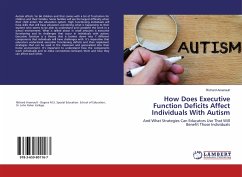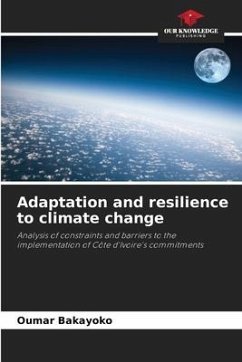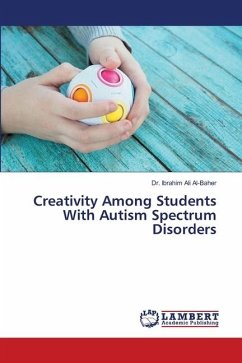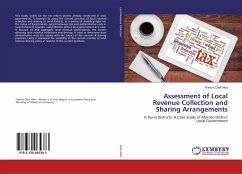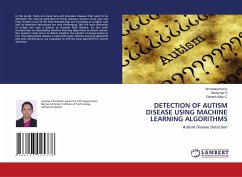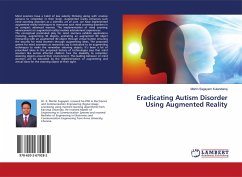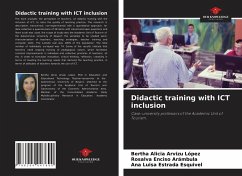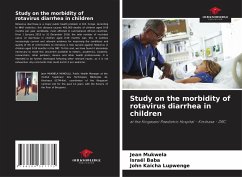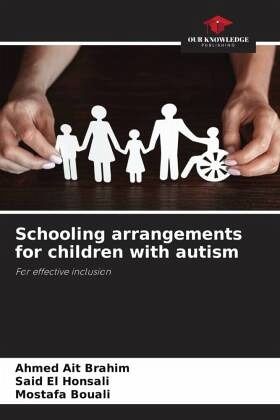
Schooling arrangements for children with autism
For effective inclusion
Versandkostenfrei!
Versandfertig in 6-10 Tagen
45,99 €
inkl. MwSt.

PAYBACK Punkte
23 °P sammeln!
This research concerns the effectiveness of the right to inclusive education for people with autism in Morocco. Indeed, autism is still considered in Morocco as a severe handicap. This negative perception of autism means that families are faced with three possibilities of schooling, either in specialized centers, in CLIS or in regular classes. The study examined the effectiveness of school inclusion for people with autism in terms of their ability and social participation. Hypothesized variables causing inclusion or exclusion of individuals with autism were examined and tested using a comparat...
This research concerns the effectiveness of the right to inclusive education for people with autism in Morocco. Indeed, autism is still considered in Morocco as a severe handicap. This negative perception of autism means that families are faced with three possibilities of schooling, either in specialized centers, in CLIS or in regular classes. The study examined the effectiveness of school inclusion for people with autism in terms of their ability and social participation. Hypothesized variables causing inclusion or exclusion of individuals with autism were examined and tested using a comparative method across the three schooling systems through individual interviews, focus groups, and psychometric assessments of the abilities of youth with autism from the three schooling systems. The research targeted 174 actors involved in schooling, divided into six categories: parents, autistic people, education professionals and health professionals.




